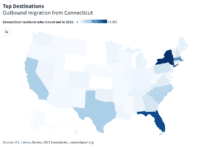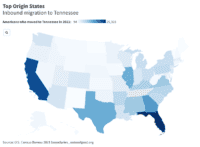
This article was written with the assistance of A.I. technology, and has been edited and fact-checked by Melly Alazraki.
No country has more gold than the United States. With over 8,100 metric tons in its possession, the United States has nearly 26% of the world’s total gold reserves, according to the World Gold Council. The value of these reserves is estimated at $474.3 billion, while the nation’s gross domestic product is $23.3 trillion.
The U.S. government and other countries’ governments hold gold for several reasons, including as a form of collateral for international trade and diversification of a government’s portfolio. Central banks around the world see gold as a valuable asset that can be used in times of crisis.
The United States stores much of its gold at the Bullion Depository at Fort Knox, Kentucky. Currently Fort Knox holds 147.3 million ounces, or about half of the U.S.’s gold reserves. Another 43.9 million ounces are held at the U.S. Mint Denver Facility, 54 million ounces at the West Point, New York, mint facility, and 13.4 million ounces in Federal Reserve Banks – the New York Vault. Smaller amounts and coins make up the rest.
While the U.S. has the largest amount of gold reserves, other countries also have significant gold reserves, including Germany, Italy, and France. In fact, central banks around the world have been net purchasers of gold in recent years. This is largely due to the growing economies of emerging markets, such as China and India.
Click here to see all the countries with the most gold.
Want to Retire Early? Start Here (Sponsor)
Want retirement to come a few years earlier than you’d planned? Or are you ready to retire now, but want an extra set of eyes on your finances?
Now you can speak with up to 3 financial experts in your area for FREE. By simply clicking here you can begin to match with financial professionals who can help you build your plan to retire early. And the best part? The first conversation with them is free.
Click here to match with up to 3 financial pros who would be excited to help you make financial decisions.
Thank you for reading! Have some feedback for us?
Contact the 24/7 Wall St. editorial team.


